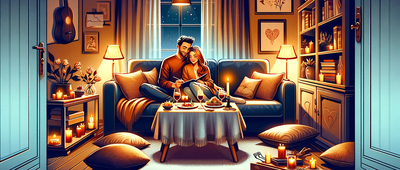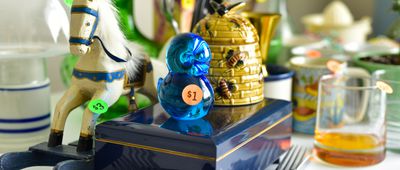Pro and Konmari
It's no secret that Marie Kondo and her books "The Life-Changing Magic of Tidying Up" and "Spark Joy," along with her Netflix series, are a huge deal, inspiring post after post on social media channels and even earning a place in Urban Dictionary. But while most organizing experts appreciate the attention KonMari has drawn to their field, the method has some issues, and while decluttering in general is a good thing, we've uncovered some downside to the craze.
Related: 25 Things to Toss From Your Closet Right Now



















